Learn Blender 2.8 – Master the Fundamental Principles of Blender 2.8
Release date:2019, October
Duration:21 h 24 m
Author:Gustavo Rosa
Skill level:Beginner
Language:English
Exercise files:Yes
What Will I Learn?
Understand and use Blender Interface.
Use poligonal modeling tools and model 3D objects.
Apply different kinds of materials to objects.
UV map the objects and apply textures to materials.
Use lights and render scenes using EEVEE and Cycles render engines.
Animate objects and create complete projects from scratch.
Requirements
You need to have a computer with internet access.
The computer must match the hardware requirements described on the “Requirements” link of the blender website.
You need to have Blender 2.8 or higher installed on your computer.
You must have basic computer knowledge.
Description
Blender is a free and open source 3D modeling and animation software. Light and powerful, it caters for every step of the production process of a 3D animation.
In this course you will learn about Blender’s interface and fundamental concepts. In addition you will learn to:
Create and transform objects;
Use polygonal modeling tools to create your own objects;
Map, texture and create materials of various types, including PBR materials with PBR textures;
Lighten and render scenes using EEVEE and Cycles;
Illuminate scenes using HDR images;
Configure hierarchies between objects;
Create simple animations.
All topics are covered from both the theoretical and practical points of view.
Who is the target audience?
People who want to create 3d scenes for games, films, architecture, animations, and so on…
Designers
Advertisers



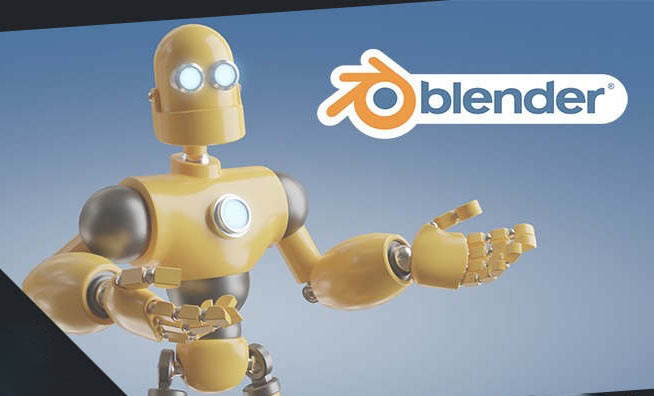
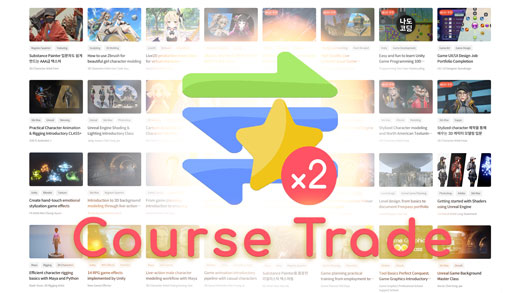
 Channel
Channel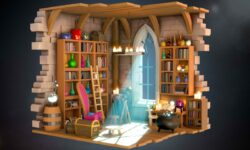
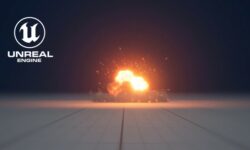
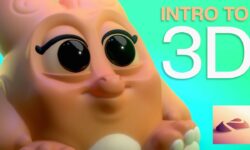

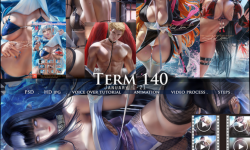
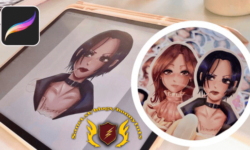

Thanks for giving the course blender Creator course but this is a blender 2.79 version. Can you update this course to blender 2.8
Kindly plz upload more courses about blender 2.8 hard surface modeling